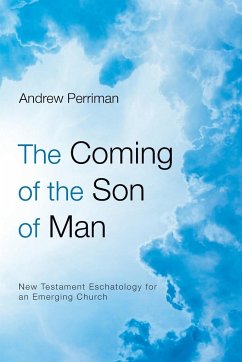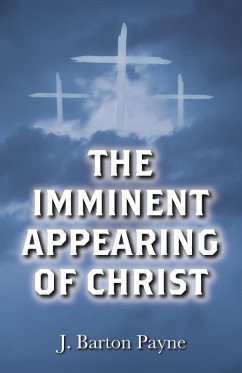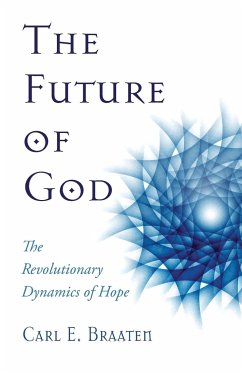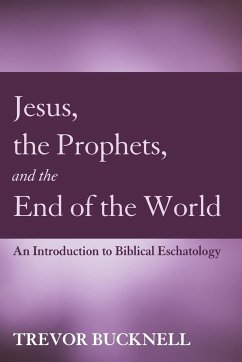
The Coming of the Son of Man

PAYBACK Punkte
15 °P sammeln!
Tracing the powerful motif of the ""coming of the Son of man"" from Daniel through to Revelation, Andrew Perriman provides thought-provoking ideas about eschatological narrative. What was it like to hear the biblical proclamation of this ""coming"" for the first time in a cultural, political, and religious context very different from our own? How did early Christians think about the imminence of the promised ""day of the Lord""? What difference did this message make to how they thought, lived, and spread the gospel message? This book engages the minds of jaded twenty-first-century postmoderns ...
Tracing the powerful motif of the ""coming of the Son of man"" from Daniel through to Revelation, Andrew Perriman provides thought-provoking ideas about eschatological narrative. What was it like to hear the biblical proclamation of this ""coming"" for the first time in a cultural, political, and religious context very different from our own? How did early Christians think about the imminence of the promised ""day of the Lord""? What difference did this message make to how they thought, lived, and spread the gospel message? This book engages the minds of jaded twenty-first-century postmoderns who have ""heard it all before."" By seeing the fulfilment of much of New Testament apocalyptic in events of the first centuries, Perriman proposes that in some important sense we have moved beyond eschatology--into an age of renewed community and mission that is creational in its scope. The Coming of the Son of Man is important reading for those who want to engage in the debate concerning what church is--and will be.













